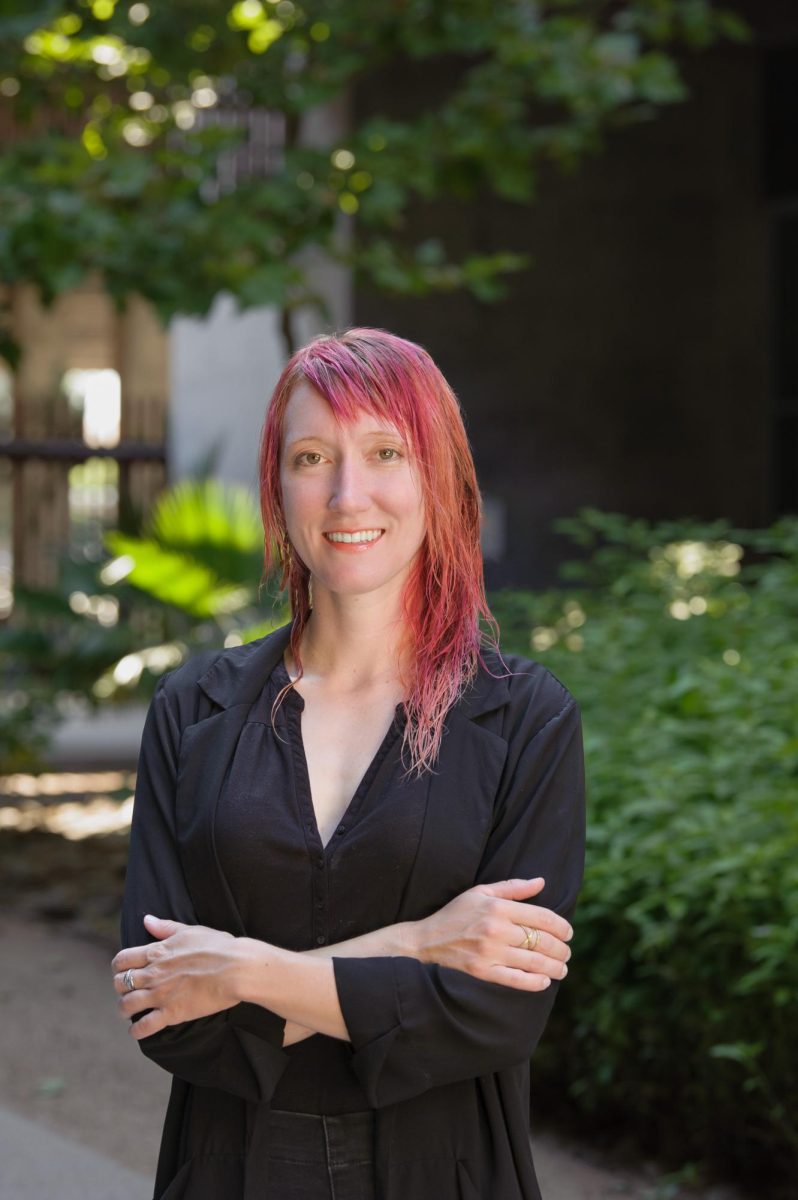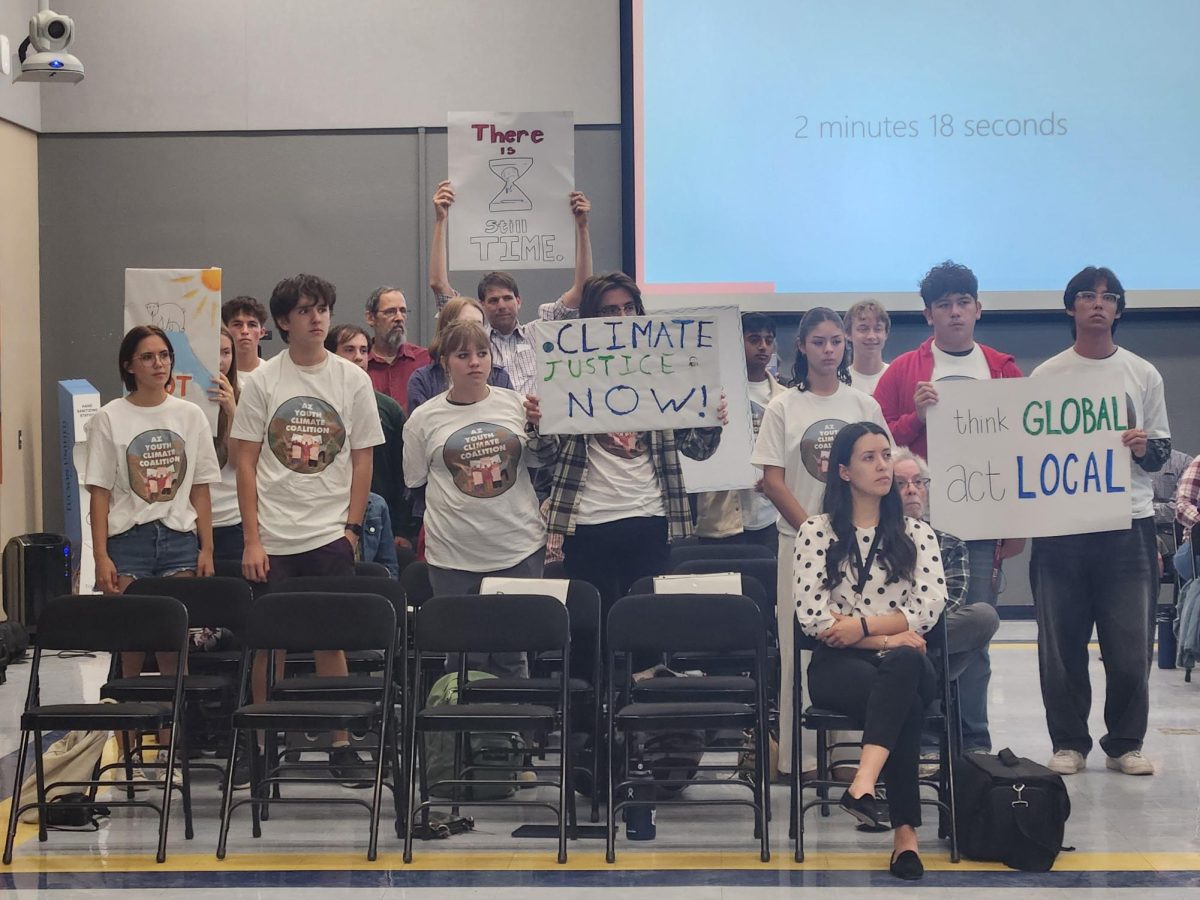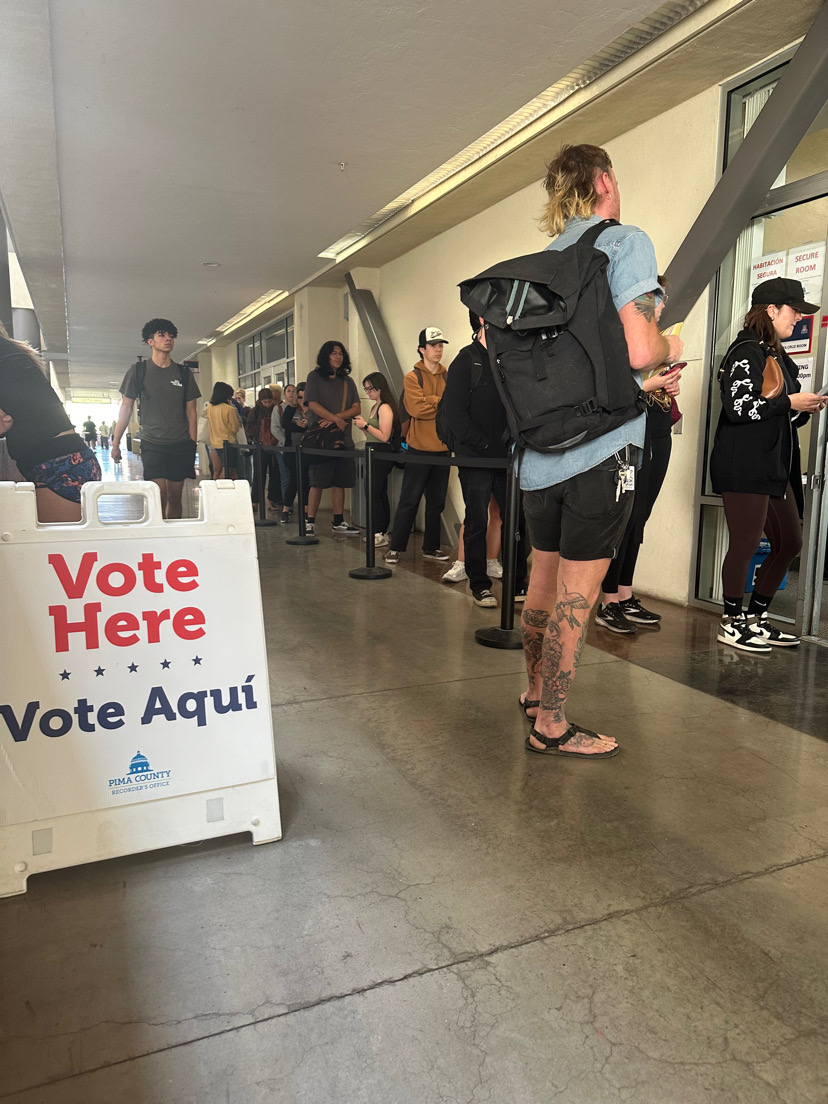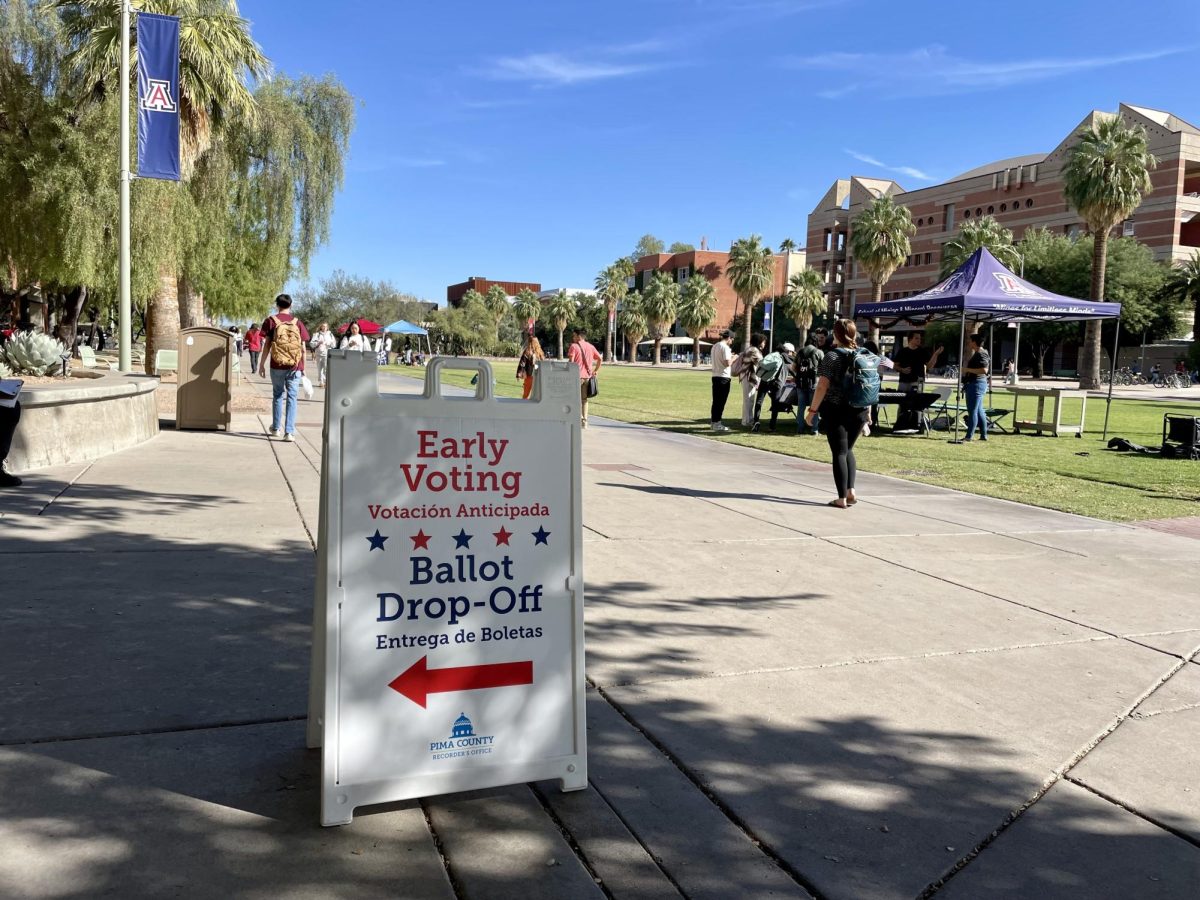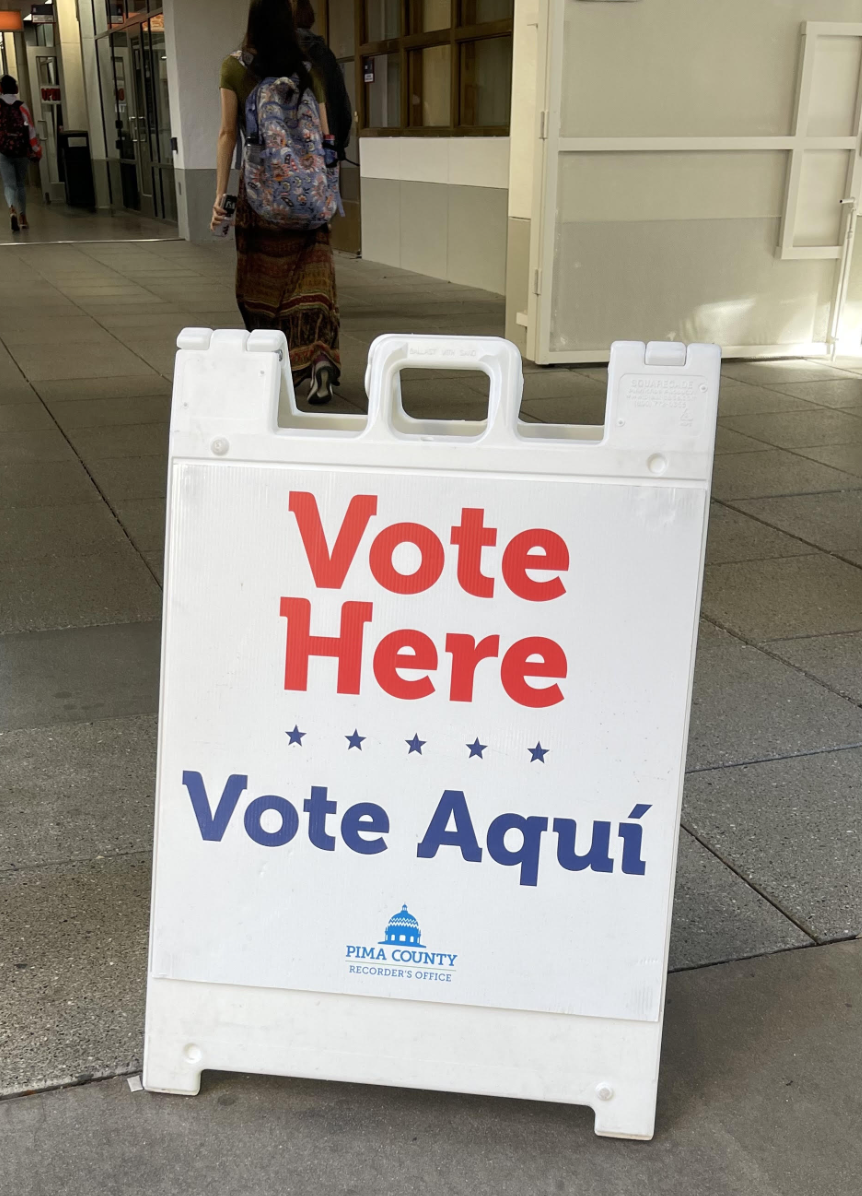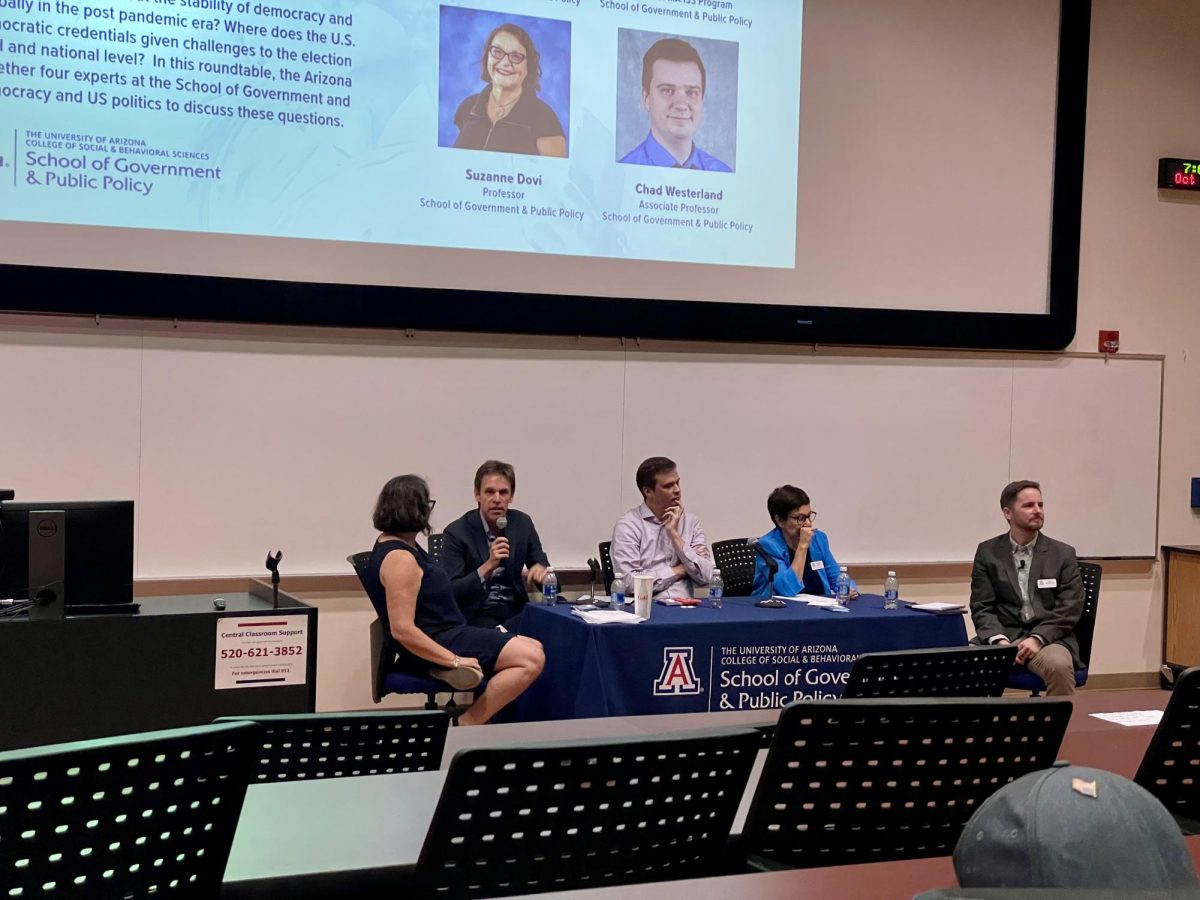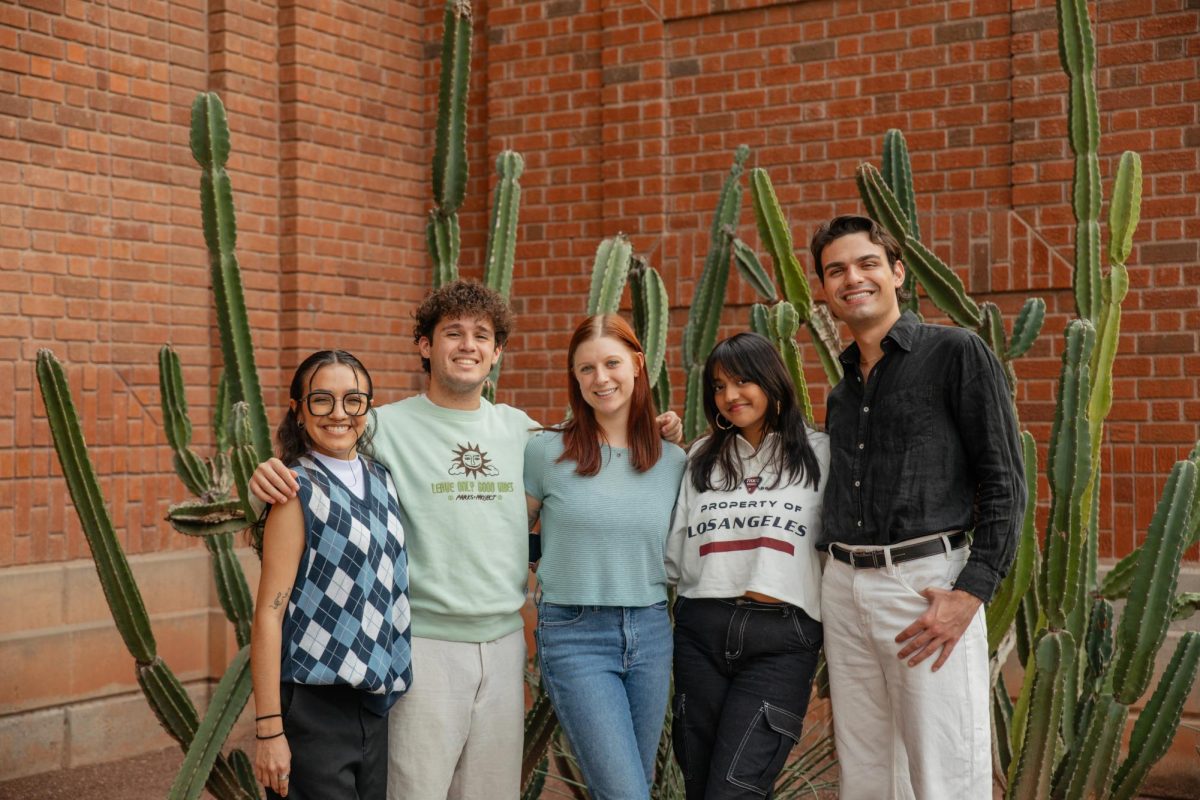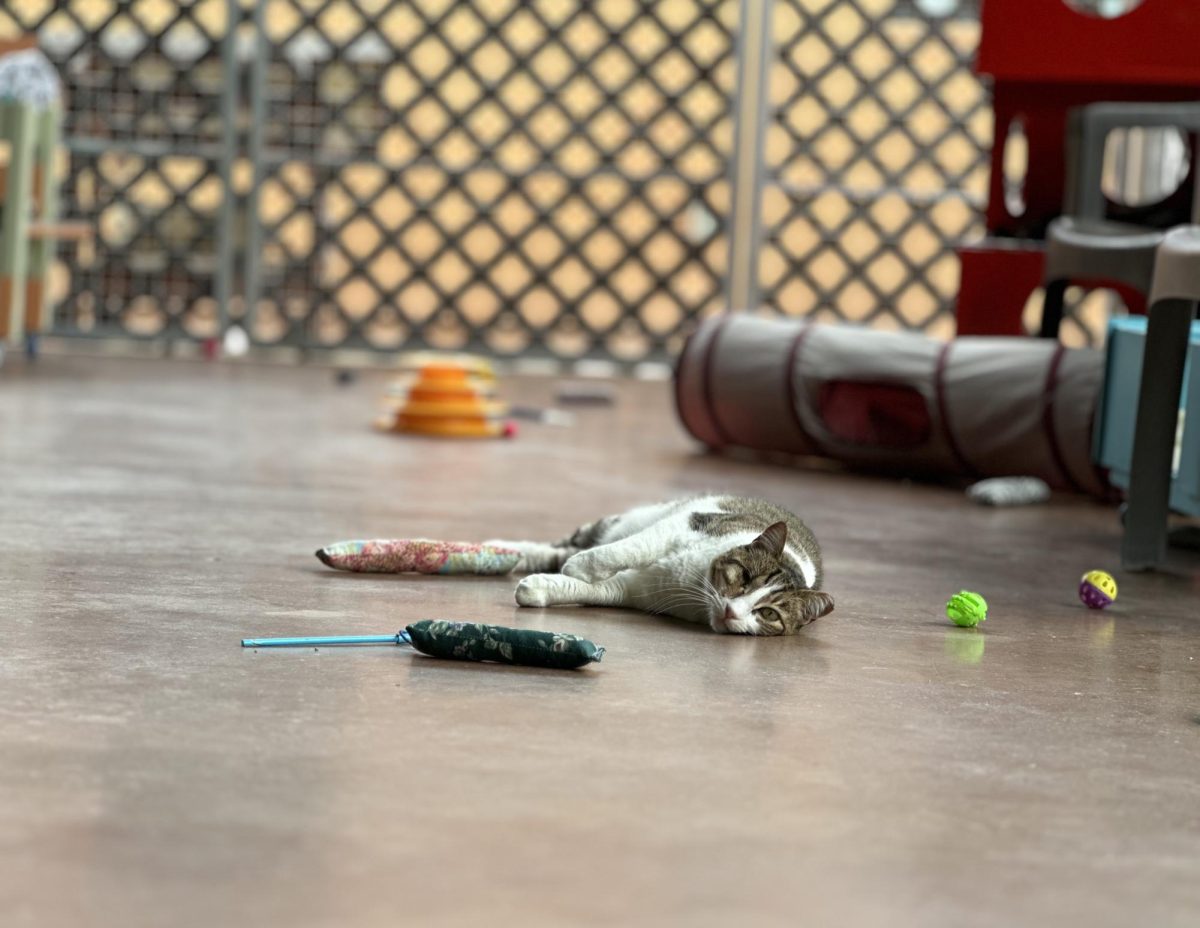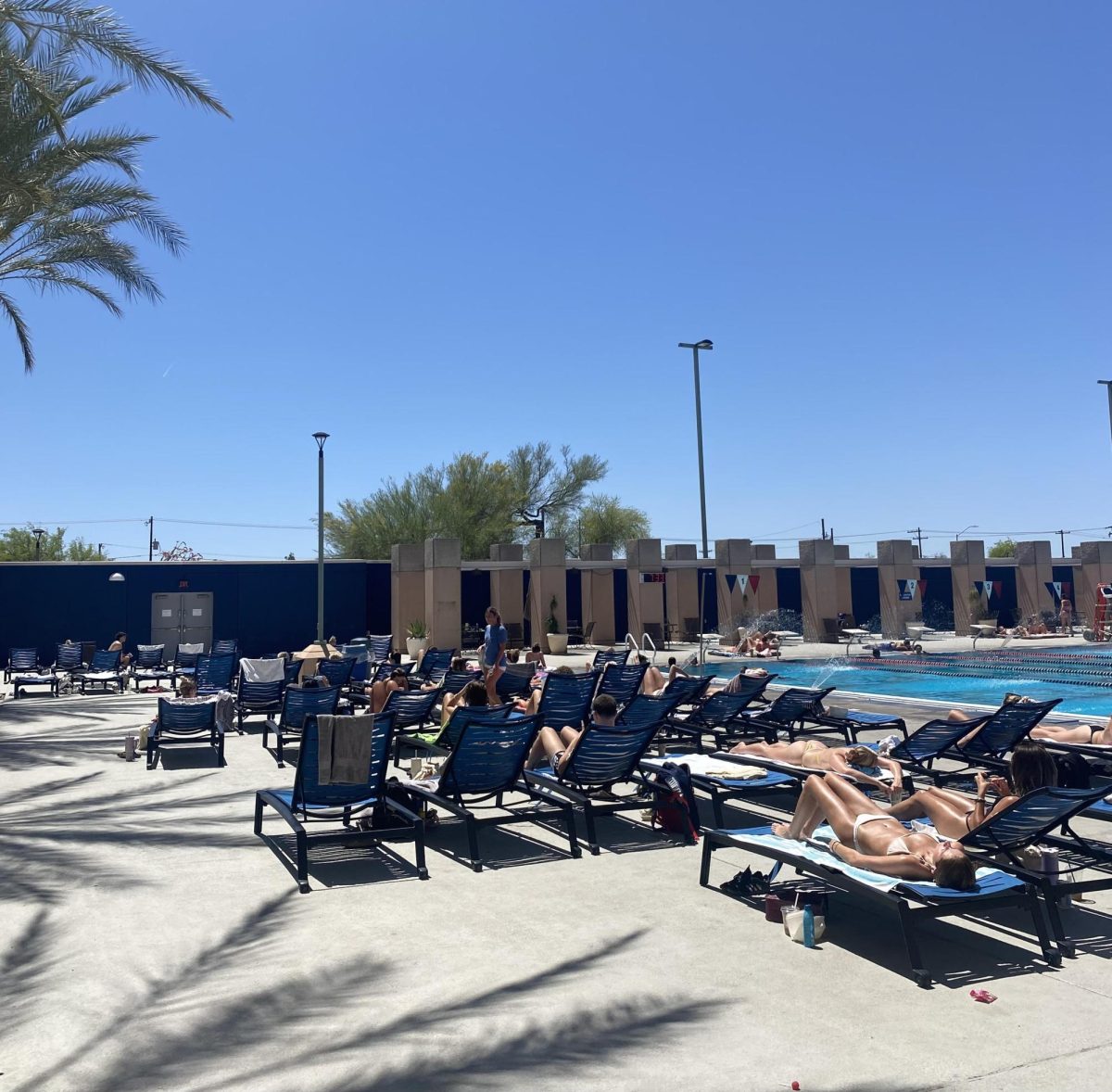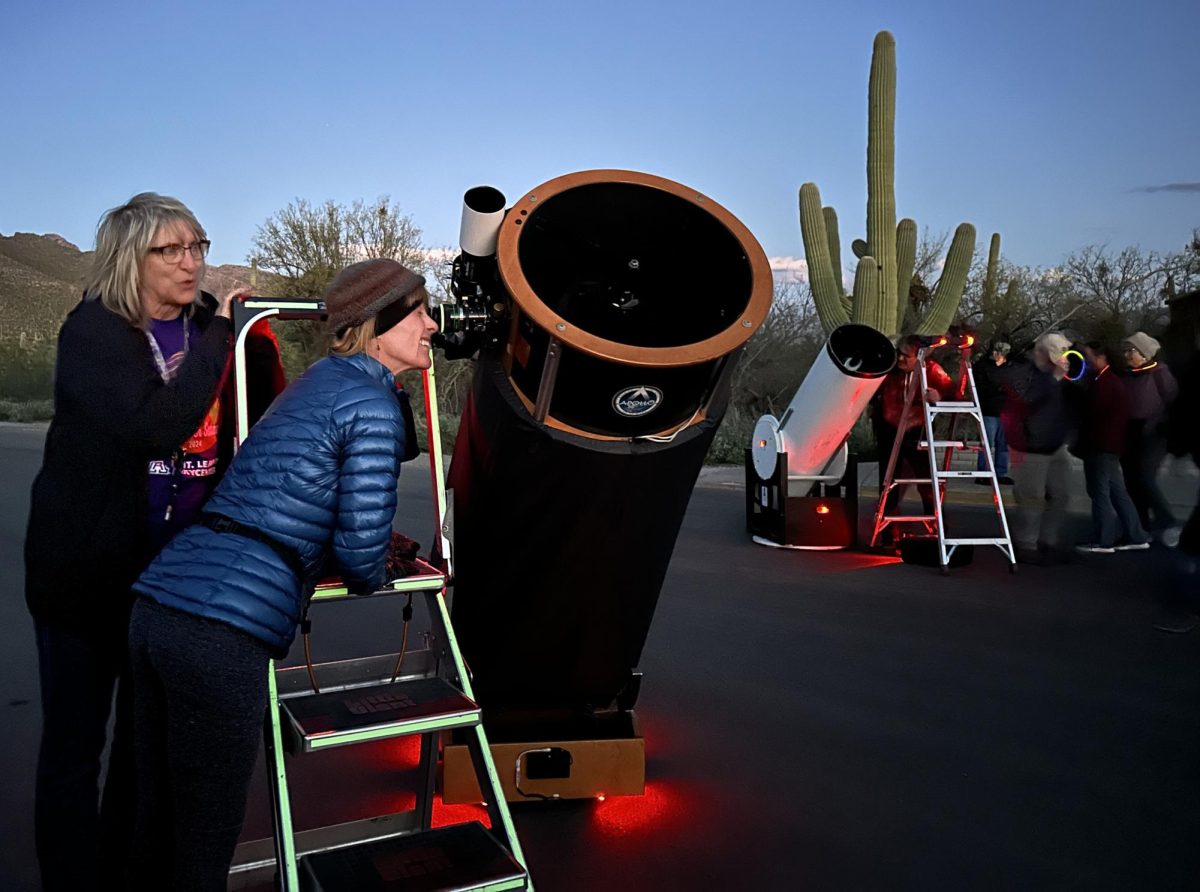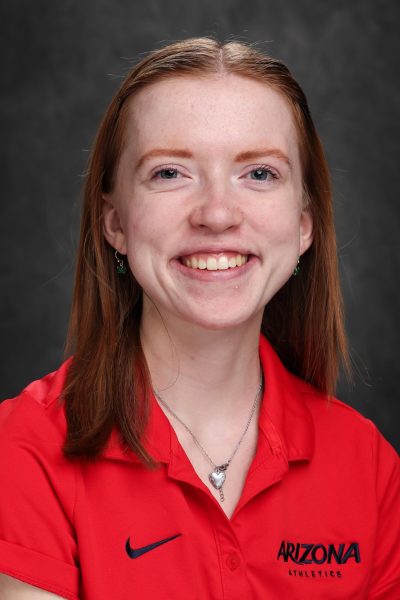In an election year marred by intense partisanship and in a state where issues like water management, burgeoning tech sectors and fire safety are increasing points of public concern, a nonpartisan coalition out of the University of Arizona is working to bring together scientists and legislators to inform effective policy.
The Arizona Science & Technology Policy Fellowship, which will be carried out by the University of Arizona, is in its conceptual phase. Over the next 12 months, the team leading the program will focus on securing funding, determining what the program would look like in the Arizona State Legislature and developing an application and training process for the future class of fellows.
Shelley Littin, the communications lead for the Arizona Institute for Resilience, where the program will be housed, said this fellowship exists on a national level and was first implemented on a statewide basis by California in 1988.
Every year since then, the National Conference of State Legislatures provides four or five states with a planning grant funded by the Gordon and Betty Moore Foundation, Littin said.
The grant supports the 12 months needed to get the program off the ground.
“A lot of states have a mixed portfolio of funders, so they’ll get funding from a variety of foundations. … California’s program has been so successful that the state government decided that they need to have that and that they would, in fact, fund it themselves. So the state government allocated some money to support the program,” Littin said, adding that that is the ultimate goal of the Arizona program. “But until we get there, we’d be looking at foundations or private donations to support the program. We don’t have any specifically yet. We’ve been working with the UA Foundation, which helps to secure grants and funding for various research projects on campus.”
During this 12-month period, the team is also in communication with the state Legislature about how to integrate fellows into the legislative body. That could include having fellows operate outside of the legislature as a resource for lawmakers or being fully integrated and working with individual legislators, said Sam Myers, a graduate student in the UA College of Planetary Sciences and STPF team member.
. “There are certain models that we know would only be acceptable under one type of party control and others that would only be acceptable under another type,” said Myers. “And so we want to find that middle spot where we can ensure that the program continues, regardless of election outcomes.”
While the fellowship is itself nonpartisan, in some cases the model it takes may vary based on which party is in power.
Arizona State Senators Thomas Shope, Juan Mendez and Priya Sundareshan have all expressed strong support for this initiative, with Shope and Sundareshan writing letters voicing said support to the program’s leaders.
Caitlyn Hall, an assistant professor of practice in the UA’s W.A. Franke Honors College, said the fellowship has seen support from both sides of the aisle, something that has been difficult to accomplish in the Arizona Legislature.
“There’s just a serious lack of resources that are neutral that can actually provide that kind of scientific guidance and advice to help drive policy,” Hall said. “Right now one of the loudest voices that are experts in this field are lobbyists who might have a particular agenda. (The fellowship) would actually help strengthen the resources available to legislators to make informed decisions.”
The need for these informed decisions has grown more apparent in recent years. Myers said instituting this fellowship program would assist lawmakers in developing policy around some of the most urgent environmental, technological and scientific issues facing Arizonans.
“It’s really just about having people with expertise in research, science and technology, who can help to explain some of those processes to lawmakers who maybe don’t have a background in the same areas,” Myers said. “So in Arizona, for example, water is a really big policy topic. Regardless of what lawmakers may think we should be doing with the water, understanding the science behind what’s there and what is available, it’s important to what they decide to do with it. So it would really be about having scientists who are just able to explain that information in an understandable way.”
Littin said the application process for the fellowship likely won’t be finalized until the end of summer, as applications rely on the approval of the state legislature and the procurement of funding to support the fellowship. Once the application process has been established, graduate students from across Arizona and the country have the opportunity to apply.



